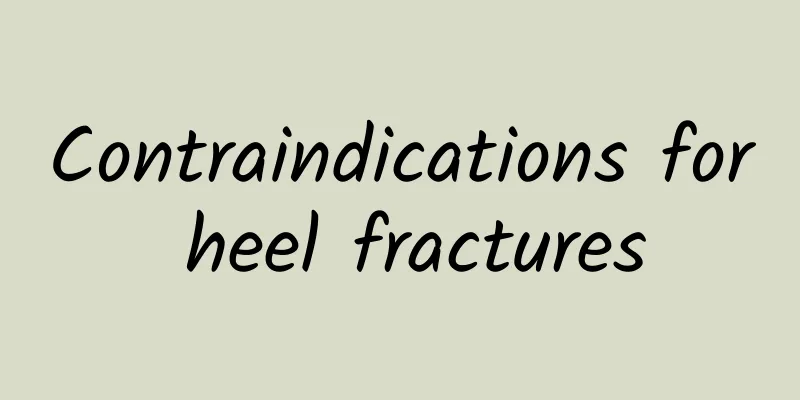What causes baby’s thick tongue coating? How to clean thick tongue coating?

|
Many mothers do not pay attention to their baby's tongue coating. In fact, the baby's health can be observed from the baby's tongue coating. Therefore, it is very important to pay attention to the condition of your baby's tongue coating. So how do you clean your baby’s thick tongue coating? ❤ Reasons why baby has thick tongue coating 1. Residue after drinking milk Don't worry about it, it will disappear naturally in about four months. 2. Indigestion If your baby is fed with formula, make sure he or she drinks plenty of water, because babies may not be able to adapt to many other medicines, and they may not be effective immediately. If you are breastfeeding, you should pay attention to your diet and see if you have eaten any foods that cause irritation. It is recommended that you record your daily menu so that you can find out the reason why your baby is getting irritated from your own menu. 3. If the baby is getting angry and the stomach and intestines are accumulating heat, drink more boiled water If the baby is born in good condition and has no special problems, this situation usually occurs when the baby is young, and people usually say it is caused by getting angry. In this case, I usually use a cotton swab dipped in warm water to clean it. Don't use too much force or wipe for too long each time. Do it gradually and it will be removed soon. ❤ How to deal with thick tongue coating in baby 1. Rinse your mouth with warm water As long as you give your baby some warm water to rinse his mouth after drinking milk, he will be less likely to have a coating on his tongue. In addition to cleaning your baby's mouth, drinking water can also dilute the lactic acid in the mouth and reduce the growth of bacteria. 2. Gauze care Take a piece of sterilized gauze of about 4×4 size, wrap it around the mother's index finger, moisten the gauze with some warm water, then insert it into the baby's mouth, and gently wipe the milk and food residues on the inside of the baby's cheeks and tongue. But remember not to wipe too close to the root of the tongue, otherwise it will easily cause the baby to vomit. 3. Use silicone brushes to brush teeth There are many silicone teeth brushes designed for new parents on the market that can also help clean the baby's tongue and mouth. The silicone toothbrush cap looks like a toothbrush and can be put on the finger to help the baby brush his teeth and tongue. But please note that because the baby's tongue is soft and tender, you should brush it gently and not too hard to avoid hurting the baby's tongue. 4. Finger cot cleaning massage If your baby has not yet grown teeth, you can also use finger sleeves to massage his gums every day. This way, when your baby's teeth grow, his gums will be less likely to swell. |
<<: Which department should I go to for hernia? What are the symptoms of a hernia?
>>: What are the folk remedies for treating glomerulonephritis? Did you know?
Recommend
What is the difference between sweat rash and eczema?
There is only one word difference between prickly...
What are the reasons why leucorrhea cannot be discharged?
Generally, there is no phenomenon that leucorrhea...
White blood cell count is high
As we all know, pregnant women need to undergo a ...
Can patients with nephrotic syndrome eat bayberry?
Nephrotic syndrome is a relatively common male di...
Is it better to treat cough with Chinese medicine or Western medicine?
Cough is a very common disease in people's da...
Why do I have a bloated stomach and want to urinate frequently?
There are many reasons for the bloating of the lo...
Can steaming treat varicose veins?
Varicose veins are a very common disease in our d...
Where is the Mingmen acupoint?
Nowadays, people know that they should adopt Chin...
[Chiang Mai Herbs] Exercise can also help enlarge your breasts! What exercises can increase breast size?
Exercise is the best way to lose weight and resha...
How to maintain bowel movement when eating less?
In life, many people think about how to lose weig...
What to do if your tooth is broken
If you are not careful about external forces in y...
Chinese medicine prescription for kidney cyst
Renal cyst is also a disease that can grow on the...
What medicine should be used for unknown swelling and pus?
Swollen and pustules without cause is a disease t...
Reach out and touch it and you can realize a woman's biggest dream
Can women fight against aging by simply applying ...
Can long-term consumption of walnuts cure gray hair?
Walnuts have a certain effect in promoting the tr...









